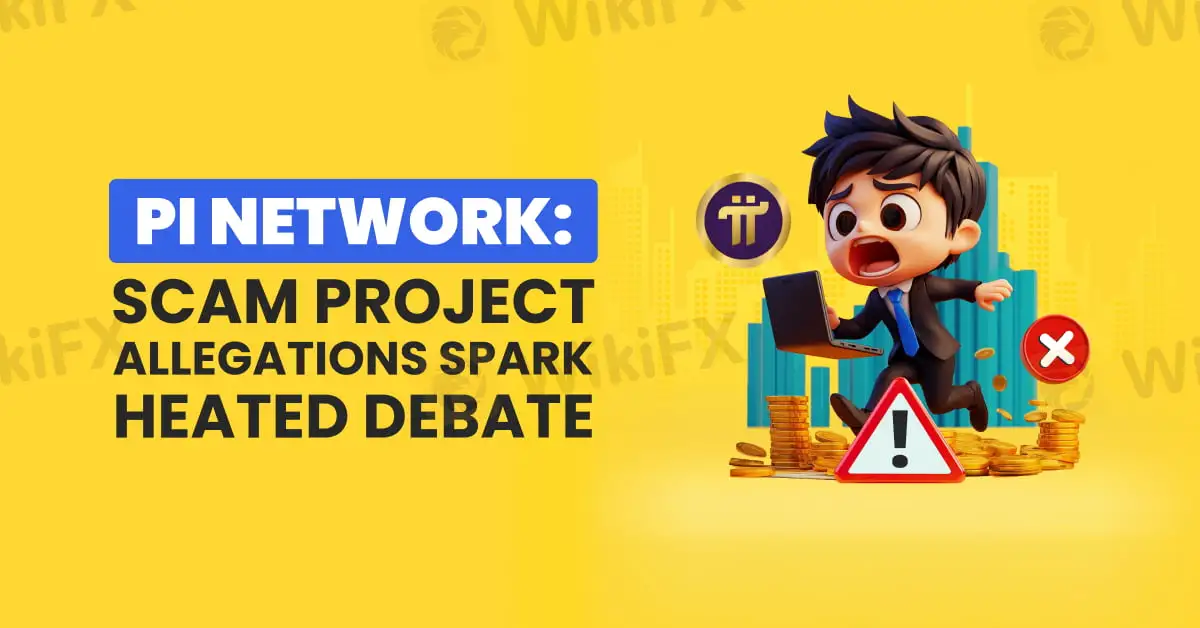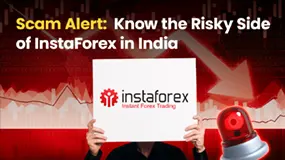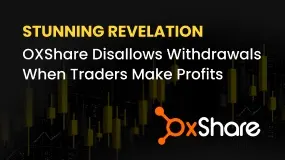简体中文
繁體中文
English
Pусский
日本語
ภาษาไทย
Tiếng Việt
Bahasa Indonesia
Español
हिन्दी
Filippiiniläinen
Français
Deutsch
Português
Türkçe
한국어
العربية
Pi Network: Scam Allegations Spark Heated Debate
Abstract:A whistleblower report has surfaced, casting doubt on the legitimacy of Pi Network, alleging psychological manipulation, opaque operations, and potential financial exploitation. What is your take on this?

Since its launch in 2019, Pi Network has captivated millions across the globe with a deceptively simple proposition: “Mine a new digital currency from your phone, entirely for free.” To many, it represents a groundbreaking democratisation of cryptocurrency. Yet, to others, recent whistleblower reports hint at a far more troubling narrative, alleging that Pi Network could eventually be remembered as one of the most extensive “soft scams” in the history of the internet.
While these claims remain unproven, the allegations have reignited debate about the true nature of Pi Network's operations.

It has been suggested that Pi Networks success relies heavily on a powerful psychological mechanism known as “free scarcity.” By offering users coins for nothing more than a daily tap on an app, the platform reportedly cultivated a sense of ownership and value, despite critics arguing, no demonstrable economic worth is currently attached to the coins.
However, proponents of Pi Network argue that early-stage projects often begin in closed environments and that patience is necessary before judging their real-world impact.
According to whistleblower claims, the referral system, where users mine faster by inviting friends, bears a resemblance to structures often associated with pyramid models. Skeptics allege that this emphasis on constant recruitment over tangible product development could hint at systemic weaknesses.
Yet supporters counter that network-building is crucial for any blockchain-based platform and that such growth mechanisms are commonplace across successful tech start-ups.
The whistleblower report highlights concerns over Pi Networks prolonged absence from major exchanges and the opaque nature of its closed “demo” environments. Critics debate that the lack of open-source verification, independent audits, or a clear roadmap toward full decentralisation raises questions about the project's legitimacy.
On the other hand, it is worth noting that many legitimate technology projects have spent years in development before achieving full market integration, and Pi Networks team has consistently assured users that broader accessibility is forthcoming.
The allegations also extend to user privacy. It is claimed that Pi Networks mobile application requests extensive access to personal data, including contact lists, geolocation, and device usage statistics, without clear disclosures regarding its ultimate use.
While some view this as a potential vector for exploitation, others suggest that data permissions are standard across numerous apps and that there is, as yet, no firm evidence that Pi Network has misused the information it collects.
Perhaps the most contentious assertion involves the speculation that a significant proportion of Pi tokens (allegedly over 20–25%) is held by the founding team. Critics fear that upon market opening, a surge of selling by insiders could flood the market, drastically devaluing Pi and leaving everyday users at a loss.
Yet, defenders of the project argue that team allocations are a standard practice across the cryptocurrency world to reward developers and fund ongoing operations, and that safeguards may yet be introduced to prevent destabilisation.
The emotional and psychological investment of Pi Networks user base is considerable. According to the whistleblower report, millions may have dedicated years of daily effort to a dream that, some allege, has yielded no substantial profit to date.
Nonetheless, many users remain optimistic, citing ongoing development updates, the growth of a passionate community, and the belief that Pi Network may yet deliver on its ambitious promises.
At this stage, no conclusive evidence has been presented to prove or disprove the allegations surrounding Pi Network. What remains is a project shrouded in mystery, ambition, and controversy, which is a perfect storm for heated debate within the crypto and online trading communities.
As with all emerging technologies, Pi Networks ultimate fate may hinge on transparency, regulatory scrutiny, and the trust (or distrust) of its vast global user base. Only time will tell whether Pi Network becomes a success story or a cautionary tale.
What is your take on this?

#trading#forextrading
Disclaimer:
The views in this article only represent the author's personal views, and do not constitute investment advice on this platform. This platform does not guarantee the accuracy, completeness and timeliness of the information in the article, and will not be liable for any loss caused by the use of or reliance on the information in the article.
Read more

WikiFX Community Event Series, “Thailand Elites’ View”
WikiFX launched the “Thailand Elites’ View” event in its official community, featuring heavyweight guests from the Elites Club who shared their insights on the current state of Thailand’s forex market, compliance trends, and the building of investor confidence.

Scam Alert: Know the Risky Side of InstaForex in India
you should always Scam Alert in forex market. If something seems too good to be true, it often hides red flags behind it. Therefore, We reviewed InstaForex and reveal hidden risks associated with it. Whether you are an Indian trader, a potential user, or an existing client, it is crucial to understand the risks associated with InstaForex .

Going to Invest in FXCL? Move Back to Avoid Scams & Losses
Are FXCL officials calling you to make you a customer by promising a magical profit number? Stop! These officials follow this route to onboard customers and make them deposit at regular intervals. However, when you wish to withdraw, the officials will deny your request. This is nothing but a strong indicator of a scam forex broker. In this article, we will expose the wrongdoings of this Botswana-based broker.

Stunning Revelation: OXShare Disallows Withdrawals When Traders Make Profits
The revelation that OXShare disallows withdrawals to traders when they make profits is stunning but true. Many traders have complained about it on forex broker review platforms, but to no avail. They may receive assurances, but company officials do not live up to their promises. What’s more, these officials manipulate trades, forge vital details, and eventually scam traders who put their hard-earned capital on it. In this article, we will expose OxShare with proof. Read on to check them.
WikiFX Broker
Latest News
Join WikiFX’s Agent Growth Event | Turn Your Success into a Global Achievement
Do Kwon Faces 130-Year Prison Sentence After Guilty Plea in $40B Crypto Collapse
Best 5 Low-Spread FX Brokers in India 2025
SEC Settles California Trader with Over $234,000 Spoofing Scheme
Major Pairs in Forex: Top Traded Currency Insights
Forex Trends Explained for Your Successful Trading Experience
What is ECN in Trading? A Simple Guide
Scam Alert: Know the Risky Side of InstaForex in India
Going to Invest in FXCL? Move Back to Avoid Scams & Losses
What Is Forex Trading Fee? A Beginner’s Guide
Currency Calculator


